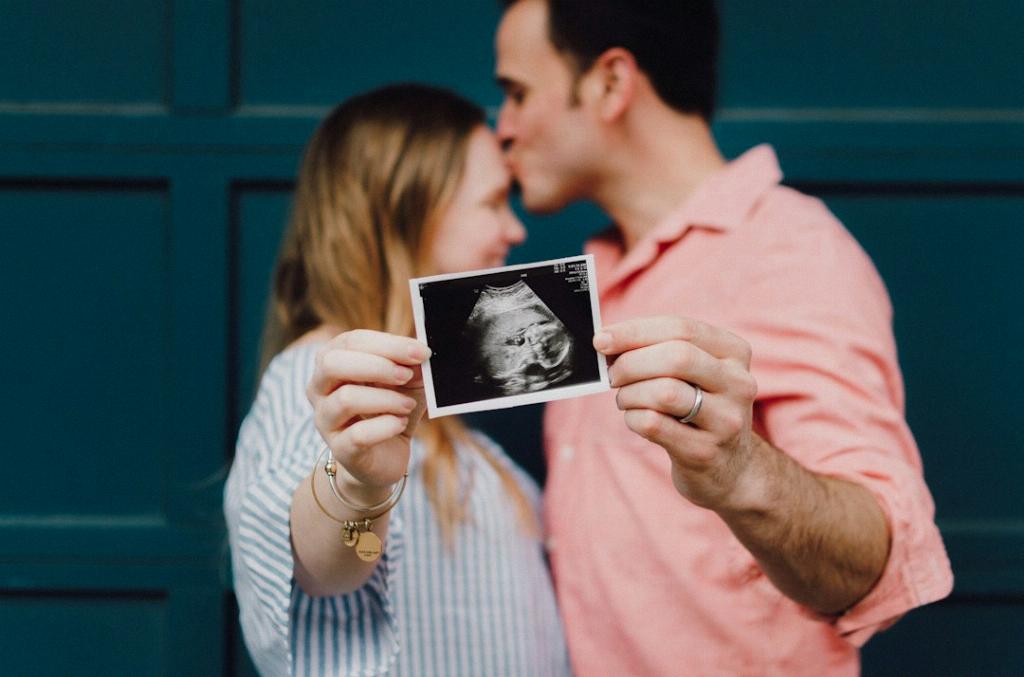Have you ever woken up in the morning, stumbled into the bathroom, and been taken aback by the dark color of your urine? It’s a common occurrence that can leave you wondering why your pee looks different than usual. But fear not, there are reasons behind this phenomenon.
Dehydration Could Be the Culprit
One of the primary reasons why your urine may appear darker in the morning is dehydration. When your body doesn’t have enough fluids, your urine becomes more concentrated. This decrease in water content can give your urine a darker hue, indicating that you may need to up your water intake.
Early Morning Concentration
During the night, your body undergoes a period of rest where it doesn’t receive any hydration. This lack of fluid intake can lead to concentrated urine in the morning. As a result, the urine you produce upon waking may appear darker than at other times of the day.
Dietary Influences on Urine Color
Your diet can also play a role in the color of your urine. Certain foods and beverages can impact the appearance of your pee. For example, consuming beets or blackberries can give your urine a reddish tint, while certain vitamins or supplements may alter its color as well. However, if you notice consistently dark urine in the morning, dehydration is more likely the cause.
Impact of Sleep on Hydration Levels
While you sleep, your body continues to perform essential functions, including maintaining hydration levels. However, the hours spent asleep without water intake can lead to a temporary state of dehydration upon waking. This can contribute to darker urine in the morning until you replenish your fluids.
Exercise and Dark Morning Urine
If you engage in physical activity close to bedtime or in the evening, you may sweat out fluids that are not adequately replenished before you go to sleep. The combination of dehydration from exercise and an overnight fasting period can result in darker urine in the morning.
Weather Conditions and Urine Color
External factors such as hot or humid weather can also impact your hydration levels. When exposed to high temperatures, your body may lose more fluids through sweat. If this fluid loss is not adequately compensated for with increased water intake, it can contribute to darker urine upon waking.
Consulting a Healthcare Professional
While occasional dark urine in the morning is often related to factors such as dehydration, it’s essential to pay attention to your body’s signals. If you consistently experience dark urine, it’s advisable to consult a healthcare professional to rule out any underlying health issues or conditions that may be affecting your urine color.
Monitoring Your Hydration
To maintain optimal hydration levels and ensure that your urine appears light in color, it’s important to monitor your water intake throughout the day. By staying mindful of your fluid consumption and adjusting as needed, you can help prevent dark urine in the morning and promote overall wellness.
Conclusion
In conclusion, dark urine in the morning can be a result of various factors, with dehydration being a common culprit. By understanding the reasons behind this occurrence and taking steps to stay hydrated, you can ensure that your urine remains within a healthy range of color. Remember to listen to your body’s needs and prioritize adequate fluid intake to support your overall well-being.

